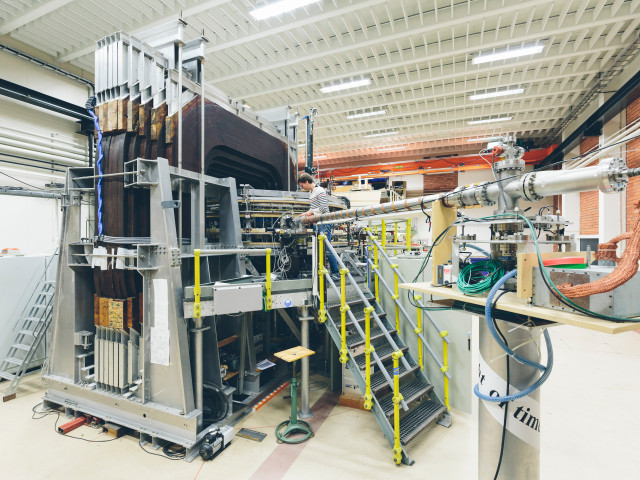Models and equations for:
- Structure of biological macromolecules
- Forces and interactions in biological molecules
- Water, hydrophobicity and solubility, and its role in protein folding
- The Boltzmann distribution and free energy
- Membrane proteins, ion channels, and transporters
- Computer methods for simulating biological molecules
- Energy turnover
- Methods for calculation-based drug development
